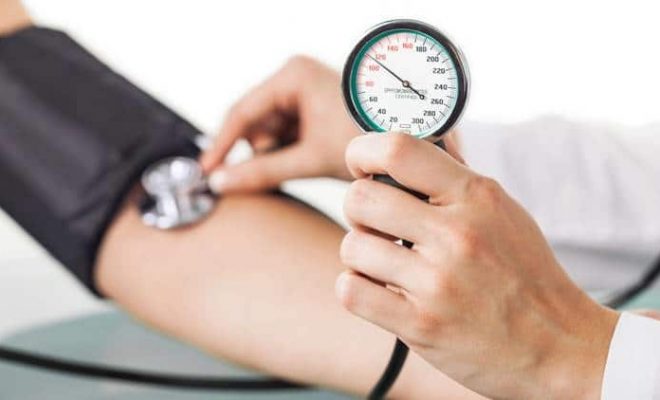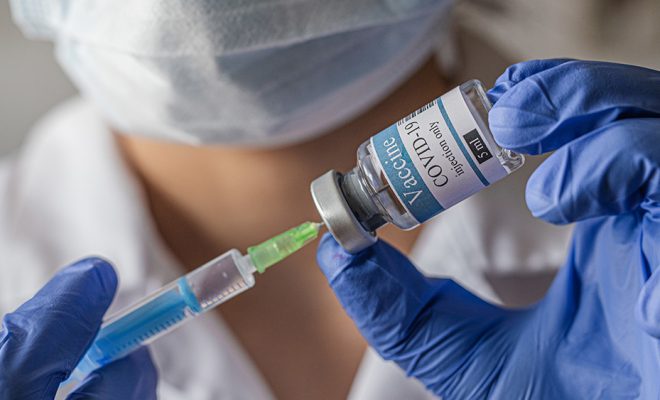New Research identifies a link between zinc deficiency and hypertension

Low levels of zinc in the body could lead to hypertension and here is how it works. Every diet contains minerals that are invisible to the eye. Each mineral helps the human body differently. Zinc is one of those minerals and scientists have identified high levels of zinc deficiency across the world.
According to Natural News, a new study has confirmed that there is an increased chance of hypertension and high blood pressure if a person has low levels of zinc. The kidneys process sodium, but a zinc deficiency in the body, can alter how sodium is processed by the kidneys. This means that the kidneys, due to a zinc deficiency in the body, may begin to process sodium in a completely different way.
This research was conducted by scientists from Emory University. In the course of the experiment, the analysts formed two groups. One group examined mice with lower (below average) levels of zinc. The other group examined mice with normal zinc levels. The group with zinc-deficient mice experienced high blood pressure and produced an identical decrease of urinary sodium excretion. The other group experienced did not experience any of these changes.
Subsequently, the scientists fed some of the zinc-deficient mice with a zinc-enriched diet. When the mice reached normal zinc levels, their urinary sodium levels increased as their blood pressure started to reduce. These results, along with a report on naturalpedia.com conclude that increased renal sodium reabsorption caused by zinc deficiency can cause hypertension.
Naturalpediaconfirms that hypertension directly affects the function of the kidneys. Thiscondition changes the vital blood flow and makes the kidney function improperly. When blood flow is restricted, therenal system eventually becomes damaged. The arteries around them may become narrow. Thisreduces their ability to get rid of waste.
The scientists further explained how the kidneys work. They made it clear that the way kidneys either excrete sodium into the urine or reabsorb it into the body contributes to blood pressure regulation. When there is less sodium in the urine, blood pressure levels tend to be higher.
“Understanding the specific mechanisms by which [zinc deficiency] contributes to [blood pressure] dysregulation may have an important effect on the treatment of hypertension in chronic disease settings,” said the researchers.
Zinc deficiency also linked to heart disease
Prior to the research, a study in The Journal of Nutrition had already made similar conclusions, finding that the amount of zinc in the body can affect the heart muscle. Science Dailysays that the body’s Zinc levels affect cardiac health.
And another study focused on the connection between zinc levels and oxidative stress on the heart. It says that the heart is defenseless to oxidative stress because it has a lower antioxidative capacity.
Preventing zinc deficiency
Eat foods that have a high amount of zinc to upgrade your body’s zinc level. Examples of zinc-enriched foods are baked beans, beef chuck roast, chickpeas, milk, oatmeal, oysters, and yogurt.
One health tip for cooking beans is to always soak it in water before cooking. This reduces the activities of phytates in the beans. This way, it is easier for the body to absorb and process zinc and other nutrients.








